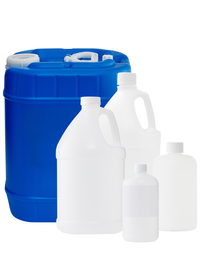Oils
Oils
Vegetable, Mineral, And Essential Oils
Oils are a class of compounds known as lipids. Lipids are organic molecules that are insoluble in water but soluble in nonpolar solvents such as organic solvents or oils themselves. Oils are characterized by their greasy or oily texture, and they are typically composed of a mixture of different types of lipids.
The main components of oils are triglycerides, which are esters formed from glycerol and fatty acids. Triglycerides consist of three fatty acid chains attached to a glycerol backbone. The types of fatty acids present in oils can vary, leading to different properties and characteristics of the oil.
Oils can be derived from various sources, including plants, animals, and synthetic processes. Examples of natural oils include vegetable oils (such as olive oil, soybean oil, or coconut oil), mineral oils, and essential oils (volatile oils derived from plants). Synthetic oils can be produced through chemical reactions and are often used as lubricants or in industrial processes.
Oils have numerous applications in various industries. They are commonly used as ingredients in cosmetic and personal care products, as lubricants for machinery, as fuel sources, and in the production of paints, varnishes, and plastics.




















